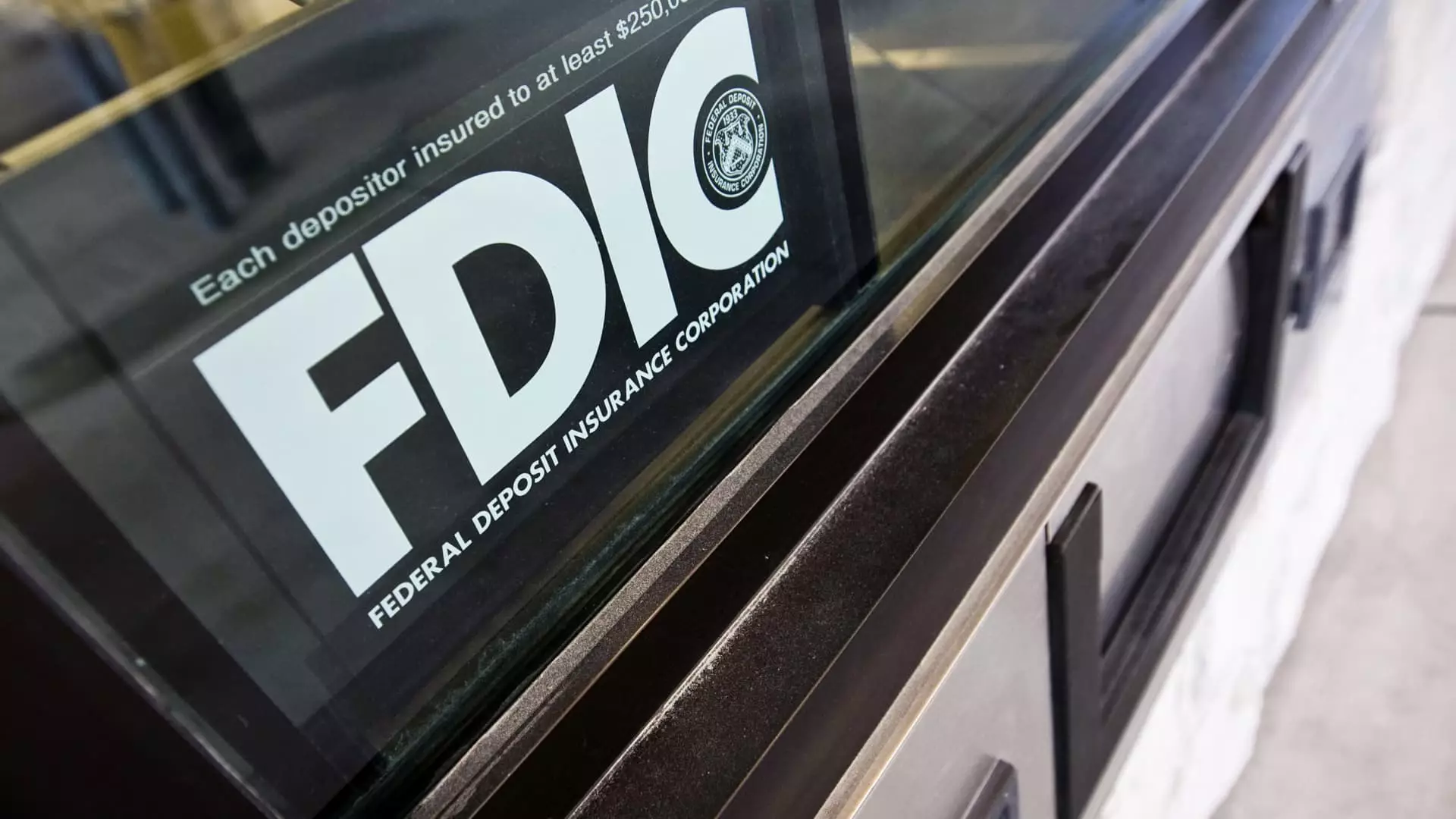The political landscape of the United States is poised for significant transformation as President-elect Donald Trump approaches his second nonconsecutive term in office. With the impending government reshuffle, discussions about the viability and functionality of various federal agencies have grown increasingly urgent. Amidst these developments, the potential closure or significant restructuring of crucial regulatory bodies like the Federal Deposit Insurance Corporation (FDIC) and the Consumer Financial Protection Bureau (CFPB) has sparked intense debate among policymakers, economists, and industry experts.
Assuming office on January 20, Trump has made it clear that he intends to pursue drastic cuts to federal spending. In this context, his recent announcement to form the Department of Government Efficiency (DOGE), co-chaired by influential figures such as Elon Musk and Vivek Ramaswamy, raises immediate concerns about the future responsibilities and reach of essential regulatory agencies. As the DOGE deliberates on eliminating perceived inefficiencies within the federal regulatory framework, it has already sought insights into the prospect of dismantling the FDIC, an agency established during the Great Depression to protect depositors and maintain public confidence in the banking system.
Proposals to transfer the FDIC’s responsibilities to the Treasury Department beg the question: can essential functions be maintained while simultaneously reducing the size of government? While academia has presented arguments advocating for greater consolidation of regulatory bodies, the repercussions of such measures deserve thorough consideration.
The FDIC has played an integral role in ensuring that bank depositors are protected, allowing individuals to feel secure in their transactions. Never has a depositor lost FDIC-insured funds due to bank failures, fostering consumer trust in the financial system. Prominent voices, such as William Isaac, former chairman of the FDIC, argue strenuously against the agency’s potential dismantling, positing that its existence contributes to unprecedented stability within the financial sector. The threat of losing the FDIC could send shockwaves through the economy, particularly affecting smaller banks that rely heavily on consumer deposits for their operations.
Brett House, an economist at Columbia Business School, emphasizes that while large financial institutions may be equipped to withstand the absence of federal insurance, regional banks could face crushing setbacks from eliminated protections. Given that these banks are often vital to providing consumer lending and supporting the financing of small businesses, the overall effect on the economy could be overwhelmingly negative.
In contrast with the FDIC, the CFPB has a more recent establishment, having been created in response to the 2008 financial crisis. The need for a dedicated body to uphold consumer protection laws became evident amid the tumultuous environment of financial misconduct and instability. While some contend that markets operated without the CFPB’s oversight effectively for decades, the ever-evolving landscape of financial services complicates such assertions. Increased market concentration and the growing dominance of fewer firms bear testimony to the ongoing need for a vigilant regulatory presence to balance the interests of consumers and corporations.
Critics argue that the CFPB has taken on an excessively ideological stance, advancing policies that they feel may not align with broader economic goals. Despite these concerns, many advocates maintain that the bureau remains an essential protector of consumer rights, defending the public against predatory practices and discrimination. Nevertheless, in light of the incoming administration’s push for government reform, there are calls for reforming the CFPB to enhance its credibility and effectiveness.
Navigating the complexities of regulatory reform calls for a careful balancing act. While the notion of streamlining government activities may offer potential fiscal benefits and reduce redundancy, it is crucial not to undermine the foundational elements that ensure consumer protection and financial stability.
Experts like Tomas Philipson contend that maintaining essential functions while reducing the number of agencies could yield greater efficiency. Yet the importance of protecting depositors, as well as ensuring consumer financial interests, should not be overlooked in the pursuit of efficiency. The FDIC, with its legacy of safeguarding American depositors, is an institution that embodies the principles of a sound banking system whereby consumers can thrive without fear of losing their savings.
As Trump prepares to embark on his renewed term, the potential changes looming over critical agencies like the FDIC and CFPB beckon urgent discourse among all stakeholders. The implications of such reforms are far-reaching, and whether the restructuring of these agencies is done efficiently or at the expense of consumer protections remains a pressing concern. The fate of consumer trust, regional banking stability, and overall economic prosperity pivots on finding the right equilibrium between federal efficiency and the necessary safeguards that have served the American public through countless economic challenges.


Leave a Reply